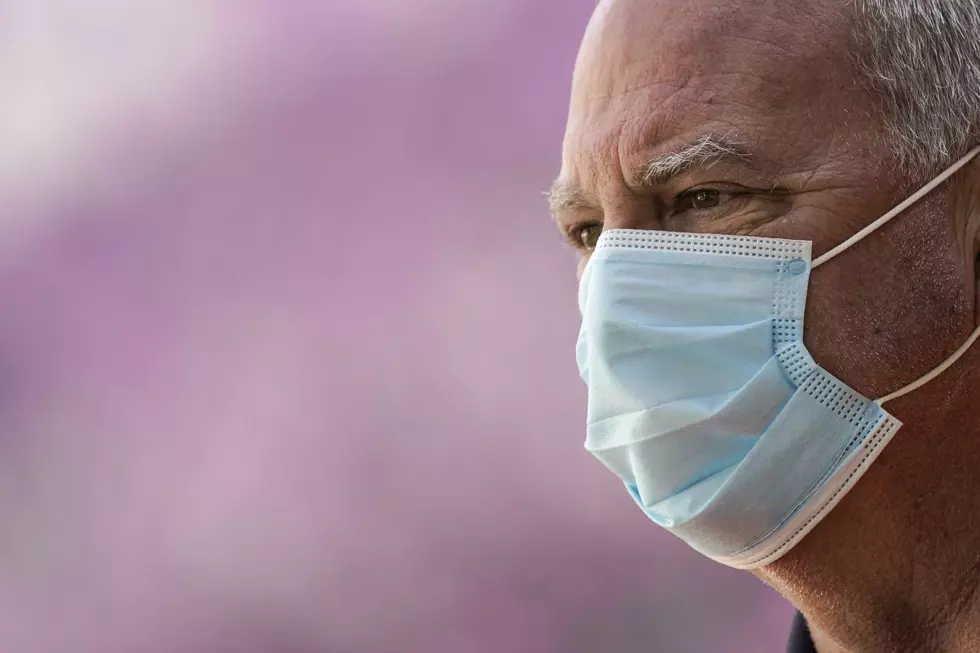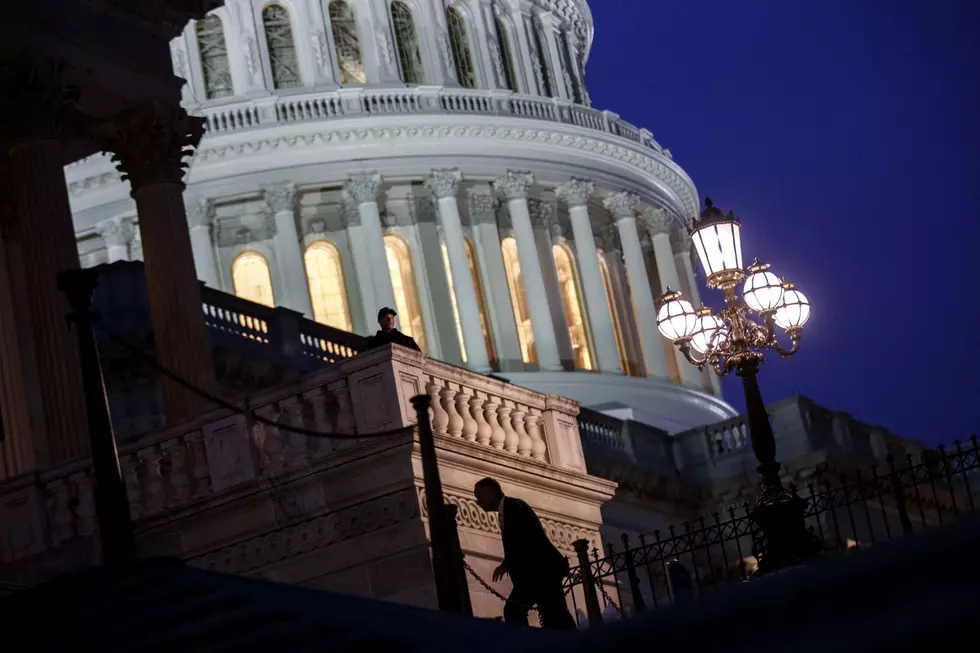
Minnesota ‘Voice Banking’ Service Preserves Voices
DULUTH, Minn. (AP) — Some Minnesota residents who are losing their voice to disease or disability are recording their speech in a process known as "voice banking," which will provide them with a new synthetic voice when they can no longer speak.
About 50 people statewide have banked their voices since 2016 mostly, at the University of Minnesota's Twin Cities and Duluth campuses. The recording service is also now offered at St. Cloud State University and Minnesota State University, Mankato.
"If you don't sound like you, or you don't sound like somebody from your geographic area or your ethnic background or your age, it has an effect on your ability to socialize," said Jolene Hyppa-Martin, a speech-language pathologist at the University of Minnesota Duluth. "There's a part of you that you've lost."
The universities don't charge for the service, and a nonprofit called Team Gleason pays for the voice synthesis.
Judy Bernhardt, 64, was diagnosed with Lou Gehrig's disease, also called amyotrophic lateral sclerosis or ALS, in November 2017. She's among the residents banking their voice.
"The reason I'm here for the voice banking is to try to preserve my voice, so when I am unable to verbalize that, my family and loved ones can basically hear me speak rather than the synthesis of the voice that sounds like a robot," Bernhardt said.
Mike Stephenson, spokesman for the ALS Association in Minnesota and the Dakotas, said the technology is helping participants gain back their identities, "and that just makes them feel like more of who they are, or who they were before the disease took that from them."
More From AM 1240 WJON









